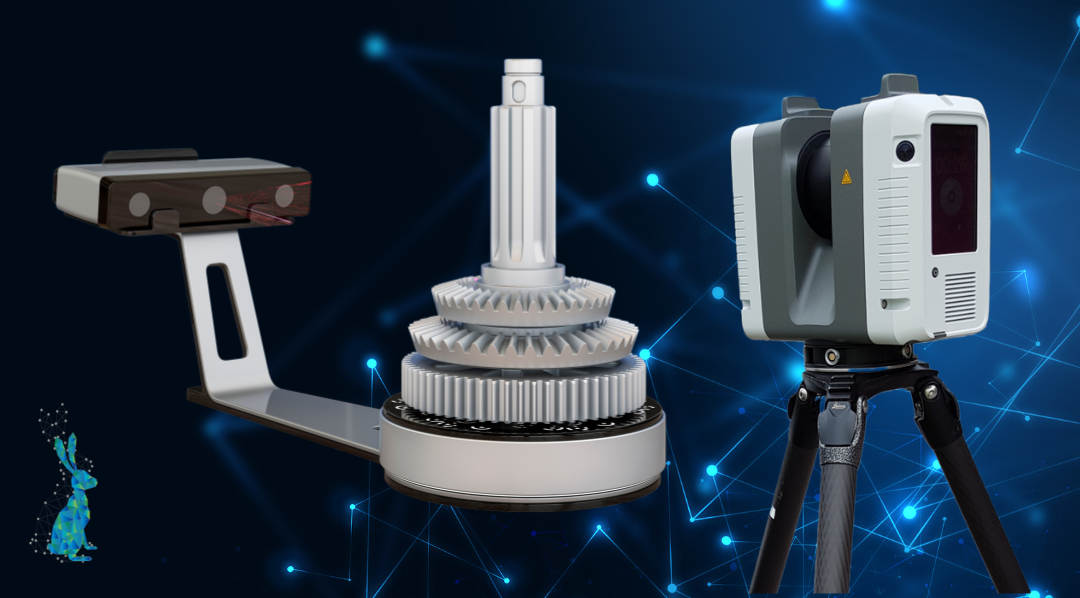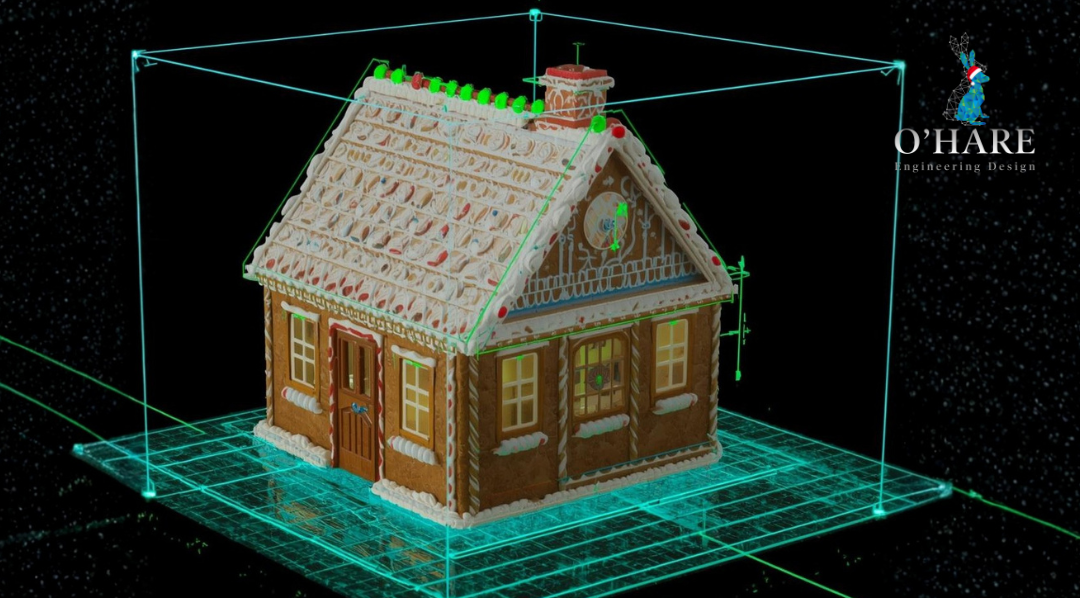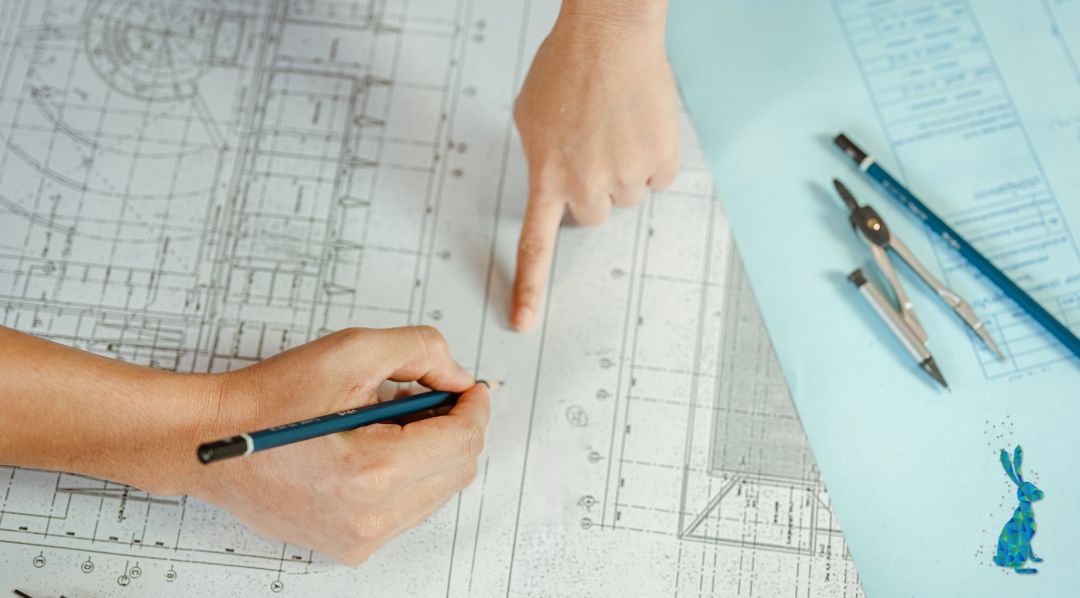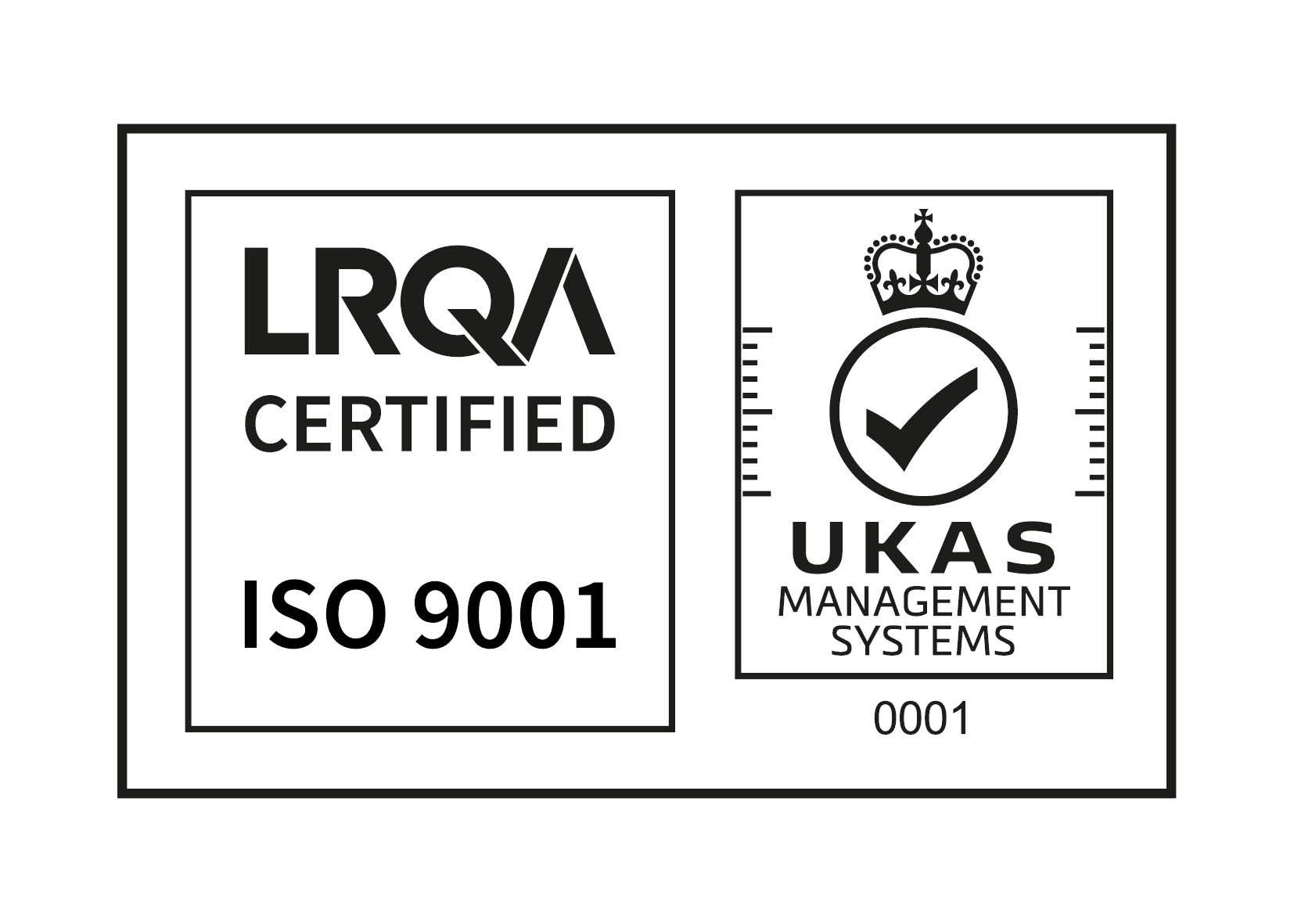Mechanical vs. Design Engineers: Which Do You Need for Your Next Large-Scale Project?

Mechanical vs. Design Engineers: Which Do You Need for Your Next Large-Scale Project?
Date: 20th August 2024
Engineering expertise is vast and varied, making it challenging to determine the right specialist for a complex project. From software to structures, there's an engineer for almost every task. But when it comes to project managing large-scale installations like carbon capture equipment, you've likely asked yourself “Do I need a Mechanical Engineer or a Design Engineer?”
Let's clear up the confusion. While these roles might seem interchangeable, their responsibilities and skill sets are distinct. In this post, we'll break down the key differences to help you make an informed decision for your project.
The Mechanical Engineer
A Mechanical Engineer is the architect of a chemical plant’s mechanical infrastructure. Their role goes beyond the design table, looking at the entire lifecycle of equipment and systems. They conceive, design, and refine equipment such as pumps, compressors, heat exchangers, and reactors, ensuring they are optimal and safe to operate within the chemical process.
A comprehensive grasp of chemical processes is essential for Mechanical Engineers to seamlessly integrate mechanical systems, enhance performance and prevent bottlenecks.
Prolonging equipment lifespan and minimising downtime is also a key focus. Mechanical Engineers create maintenance schedules, predict potential failures, and strategies to optimise overall plant operations.
The Design Engineer
While Design Engineers have an understanding of all these components and lifecycles, their specialism lies in transforming these concepts into tangible blueprints. Their precision and attention to detail are essential for bringing a project to life.
Design Engineers are highly skilled in using computer-aided design (CAD) software to create detailed 2D and 3D models of mechanical components. Alongside accurate and comprehensive technical drawings, these models act as the foundation for manufacturing and assembly. These drawings include dimensions, tolerances, and material specifications, ensuring precision and consistency.
Their role also involves creating comprehensive design documentation that's vital for manufacturing, assembly, and future reference.
The Perfect Partnership
While Mechanical and Design Engineers bring unique skill sets to the table, their roles are interconnected. So, the success of large-scale projects relies on a seamless collaboration between the two.
In the early stages of a project, Mechanical Engineers are pivotal in defining the overall mechanical system. But then as the project progresses, Design Engineers take over, creating detailed drawings for manufacturing. During plant operations, both roles remain essential, with mechanical engineers focused on optimisation and troubleshooting, and design engineers handling modifications and upgrades.
By understanding the distinct strengths of each role, project managers can build a high-performing team capable of delivering exceptional results.
If you’re unsure which would be the best fit for your next project, get in touch with a member of our team today. If we’re not the right fit for your project, we’ll help point you in the right direction.




